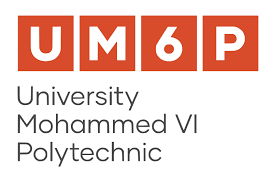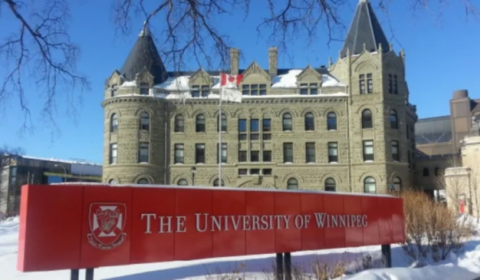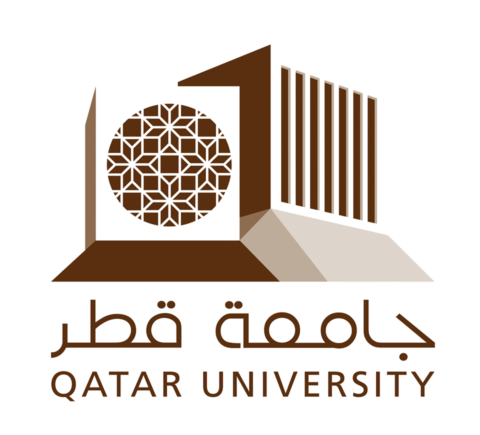The recent announcement by Nigeria’s Minister of Education, Prof. Tahir Mamman, declaring that degrees from universities in the Republics of Benin and Togo are invalid, has sparked significant controversy. This statement has caused alarm among students, parents, and educational institutions. Many stakeholders have challenged the minister’s remarks, stating that the information he provided is inaccurate and misleading.
Gabriel Kona, an education consultant and president of Nigerian Lecturers in Benin (NLB), criticized the minister’s statement as misleading. He said the announcement does not correctly reflect the universities in Benin and Togo or the degrees they offer. Kona explained that the minister’s statement came after a Nigerian journalist uncovered a certificate fraud network at ESGT University in Benin. This discovery raised concerns about the validity of certificates from these universities and led to more investigation by the Nigerian government.
The education minister stated that only five universities in Benin and three in Togo are accredited to award degrees, and that any degrees from other institutions in these countries are invalid. This announcement has caused anxiety among students, who are now worried about the validity of their degrees and their future careers. However, further investigation has revealed significant errors in the minister’s statement. The Ministry of Higher Education in Benin has published a list of 95 accredited institutions that can award bachelor’s degrees, which contradicts the minister’s claim. This list includes many private and public universities that are officially recognized by the Beninese government.
Similarly, several universities in Togo are accredited, contradicting the minister’s claim that only three institutions are recognized. This misinformation has caused unnecessary worry among students and parents who have invested a lot in their education abroad. Kona pointed out that in Benin, all private universities, called “EPES” (Ecole Privée d’Enseignement Supérieur), are allowed to offer bachelor’s and master’s degree programs. All accredited EPES are listed in an official handbook called the “Orientation Guide,” which is updated every year and can be downloaded from the Beninese Ministry of Higher Education’s website.
Additionally, these lists of accredited schools are given to the Nigerian Embassy in Cotonou and the Federal Ministry of Education in Nigeria to help students check if their chosen schools are accredited. For Nigerian students studying in these countries, the basic entry requirements include an O’Level Result with passes in Mathematics and English, along with any other previous qualifications. This clarification is meant to provide correct information to students and parents, ensuring they understand the validity of their educational programs in Benin and Togo.





